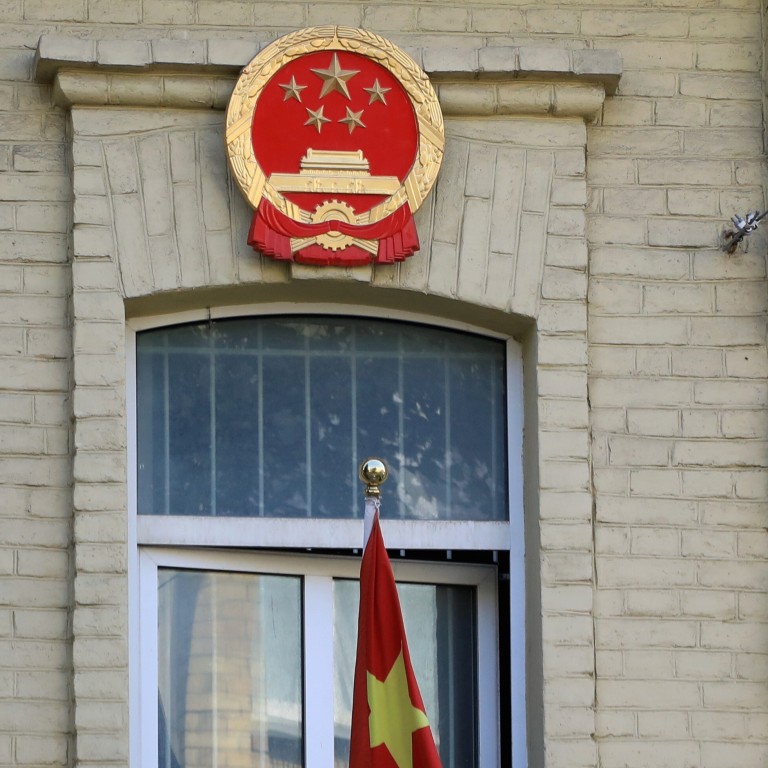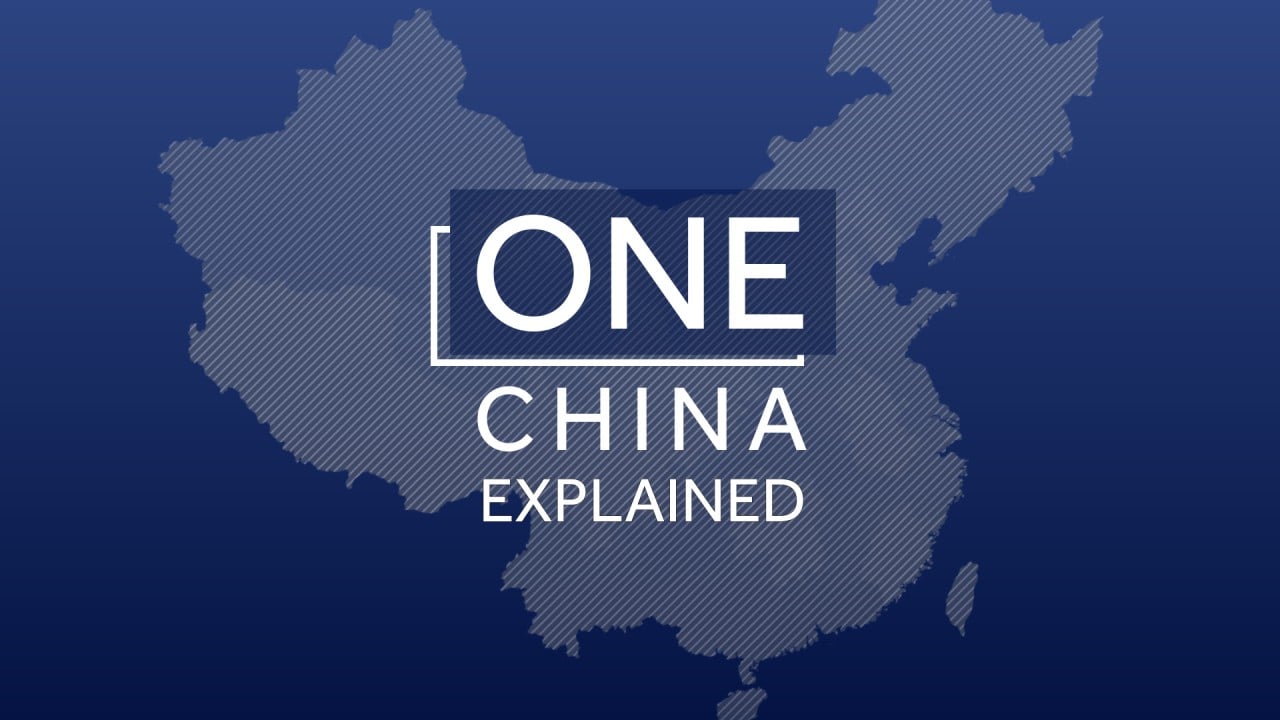
China wary of Lithuanian domino effect over de facto Taiwan embassy
- Observers say there are deep concerns in Beijing that other European countries could follow the Baltic state’s lead
- The recall of China’s ambassador to Lithuania was met with a firm response from Vilnius
China recalled its Lithuanian ambassador on Tuesday in response to Vilnius’ move to allow the self-ruled island – which Beijing regards as part of its territory – to set up a representative office under the name of “Taiwan”.
It was the first time China had recalled an ambassador from an EU member state since the bloc was established in 1993. But observers said Beijing may not achieve its desired outcome this time.
Hours after Beijing‘s announcement, Lithuanian President Gitanas Nauseda said that as a sovereign country, Lithuania would decide its foreign policy for itself and urged Beijing to change its decision.
“Sino-Lithuanian relations should be based on the principle of mutual respect. Otherwise, the dialogue turns into one-sided ultimatums, which is unacceptable in international relations,” he told the Baltic News Service. “At the same time, as a sovereign state, Lithuania itself decides with which states or territories to develop economic and cultural relations, without violating its international obligations.”
In the absence of formal ties, Taiwan has established representative offices, under the name of the capital Taipei, as de facto embassies.
‘We don’t respond well to threats’: Lithuania faces off against China, Belarus
Zhu Songling, a professor at the Institute of Taiwan Studies at Beijing Union University, said allowing an office to use the name of Taiwan was interpreted as support for Taiwanese independence, which was bound to rile Beijing.
“The change of the office name is part of efforts by the Taiwanese government to seek a breakthrough [in its diplomatic recognition], and Lithuania is seeking to please both sides, which is not acceptable to China.”
“Lithuania’s move must be stopped, otherwise some Western countries may follow suit and this could cause a domino effect,” Zhu said. “To China, there is no room for bargaining.”
Lithuania quit 17+1 after access to Chinese market did not improve: envoy
Pang Zhongying, an international relations expert at the Ocean University of China in Qingdao, said Beijing had reason to worry – in February, Lithuania was among the countries that snubbed Beijing’s invitation to attend President Xi Jinping’s summit with 17 Central and Eastern European countries. Three months later, Lithuania announced it was quitting the group, known as 17+1, and called on other nations to do the same.
“This is also a message to other countries that if they push forward their relations with Taiwan like Lithuania, this would be the consequence,” Pang said.
US draws clear line on Taiwan but China will still have cause to worry
Zhu said that by recalling its ambassador rather than cutting off diplomatic ties, Beijing was “leaving some buffer space for political manoeuvres in Lithuania so that its politicians can debate how to deal with its relations with China”.
“But over the Taiwan issue, there’s no room and possibility for China to compromise,” he added.
Observers in China and Europe agreed that Beijing was unlikely to change its overall foreign policy.
“Lithuania, like almost all the Central and Eastern European countries, is too small to provoke or incentivise a change in China’s foreign policy. Especially as it involves Taiwan, China isn’t open to such changes,” said Andreea Brinza, vice-president of the Romanian Institute for the Study of the Asia-Pacific.
Where China went wrong in Central and Eastern Europe
However, there remains a question whether Beijing’s “strong measures” will be effective, or become “counterproductive” because of the common foreign policy approach by the EU, Pang said. “The European Union will need to respond, and this could make those countries that were previously reluctant to touch the Taiwan issue take a step forward.”
Una Aleksandra Berzina-Cerenkova, head of the China Studies Centre at Riga Stradins University in neighbouring Latvia, said that Beijing may be carefully watching which path other Baltic countries, including Estonia and Latvia, may choose.
“China will try to incentivise them to not budge, or at least pursue a quiet withdrawal without an immediate turn towards Taiwan. That is not least why China has decided to make an example out of Lithuania – they feel a slight indecisiveness on the part of the other two Baltic states.”

02:17
‘One China’ explained
This is not the first time Beijing has recalled an envoy over the Taiwan issue. In 1981, China recalled its ambassador to the Netherlands after Amsterdam allowed a Dutch company to sell submarines to Taiwan. At that time, the Chinese government also asked the Dutch to recall their ambassador to China, and ties between the two countries dropped to charge d’affaires level, before they returned to normal in 1984.
The most recent recall took place in 1995, when Washington allowed Taiwan’s former president Lee Teng-hui to visit the US. The Chinese ambassador Li Daoyu resumed his post after the US promised to abide by the one-China policy.
Additional reporting by Rachel Zhang

